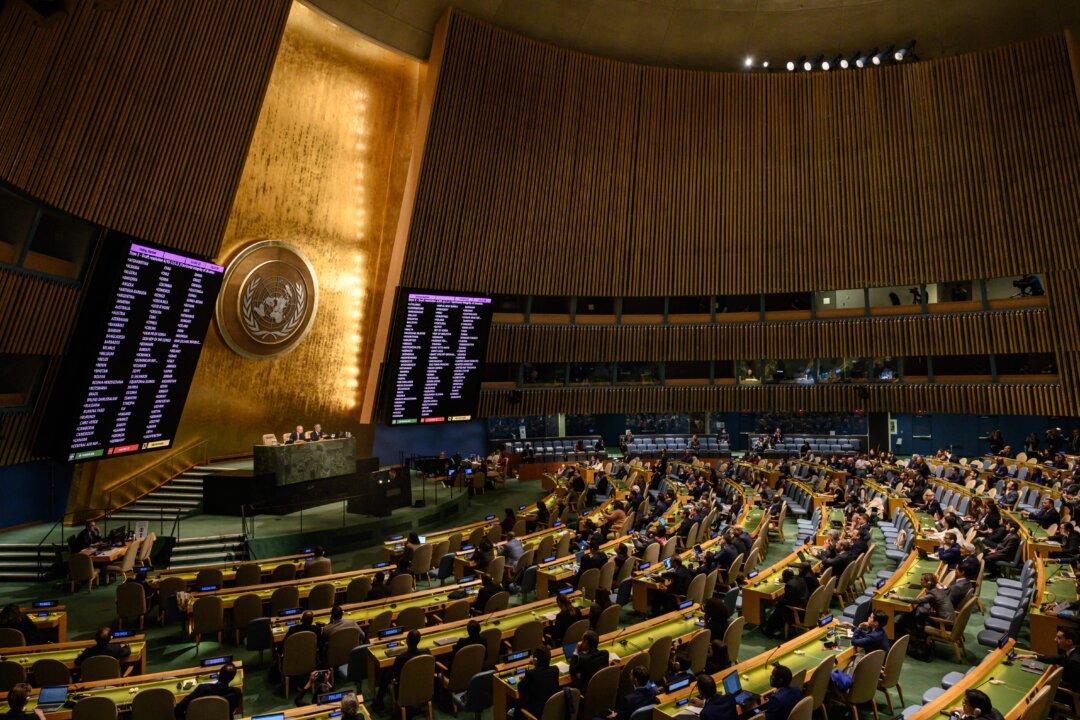Commentary
For those growing up in the decades after World War II, the formation of a United Nations organization with a vision for peace and a global membership appeared to be a promising development.

For those growing up in the decades after World War II, the formation of a United Nations organization with a vision for peace and a global membership appeared to be a promising development.